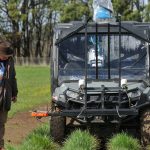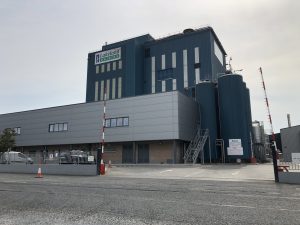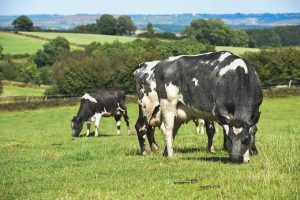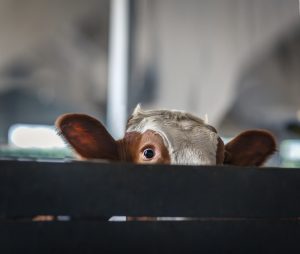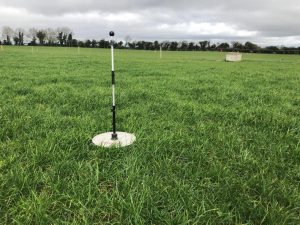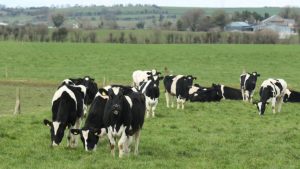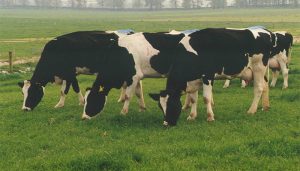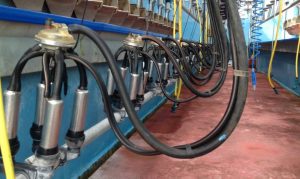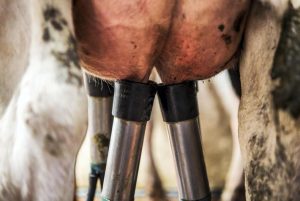
Dairy Industry Ireland has warned that the peak period for milk production is set to coincide with the predicted peak of coronavirus cases here, which it says could be devastating for dairy farmers and the cooperative system which collects and processes milk.
The group is part of Ibec and represents primary and secondary dairy manufacturers.
It has issued a statement in which its director says, “if one processor goes down – the knock-on consequences would be unimaginable for the entire industry.”
Conor Mulvihill has said that peak supply this year could be as high as 250 million litres per week, which is unprecedented and reflects the huge growth in the diary sector.
The group has warned processing capacity is extremely tight and if Covid-19 was to curtail any part of the production process dairy companies may not be able to collect milk from the farm gate.
If that were to happen, farmers could be forced to dispose of milk on farm, which has huge implications, both environmentally and financially.
Diary Industry Ireland said that it is working with regulatory authorities to seek guidance on what to do in the event processors cannot collect milk.
The major milk processing companies are working together and co-ordinating in order to maximise capacity.
Meanwhile, the country’s largest farming organisation has issued guidelines to its members on how to prepare for, and deal with, a case of Covid-19 on their farms.
The Irish Farmers’ Association has urged farmers to have a ‘Plan B’ in place in case they or any farm workers contract the virus. A special guide to how to prepare for a possible case on farms has been made available to members.
It includes advice on having a system in place to allow someone come in from outside and run the farm without the need to interact with the owner, who may have the virus.
IFA President Tim Cullinan launched the guidelines and said: “The biggest asset on any farm is the farmer. If they fall ill, family helpers or those working closely with them may also have to self-isolate and may not be available to step in.”
“This is very challenging, but farmers need to think of themselves and their business too. Without farmers, we have no sector,” he added.


